_rdax_1024x724_98s.jpg)
The lecture teaches the basics of urban development and urban planning as well as the basic principles of urban appearance. Methods of critical observation, presentation and interpretation of urban situations are taught. Only knowledge of the building typologies, open spaces and distribution of use of a location enables meaningful selective or large-scale intervention. The course provides the necessary content-related and theoretical foundations for design work in the "Studio Kontext". It provides an overview of the repertoire of urban planning, presents methods of reading and analyzing urban planning phenomena and contexts as well as principles of urban planning design.
Mehr..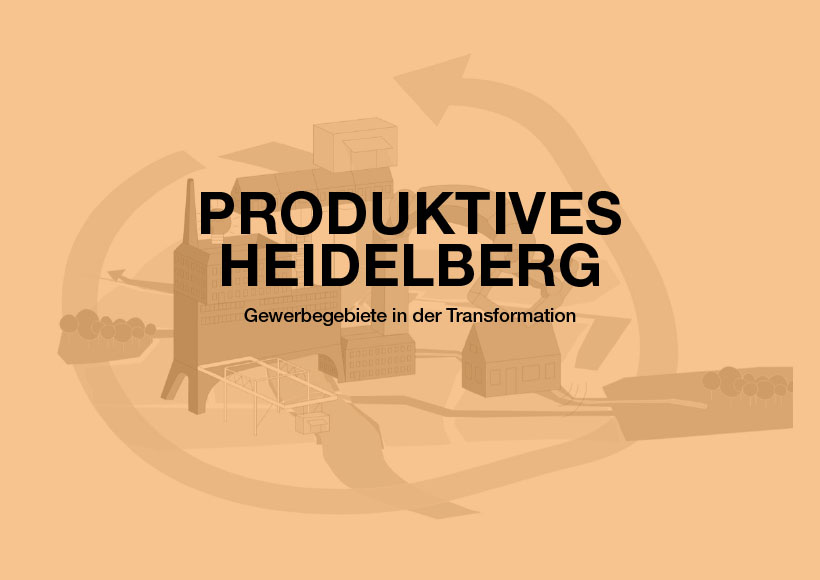
The first milestone was reached in the studio: the 1st pin-up was successfully completed by the students. The problems and opportunities of the areas were analyzed and the first creative approaches for the districts were presented. We look forward to working on the projects!
Mehr...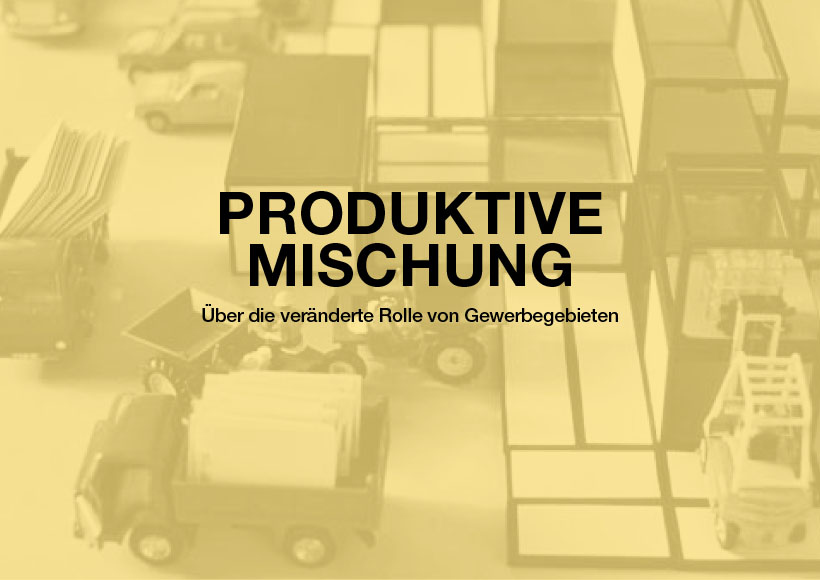
Daegu, the fourth largest metropolis in South Korea, offers a mosaic of traditional neighborhoods and modern high-rise buildings, old industrial areas and gleaming business parks. In this field of tension between old and new, between tradition and progress, forward-looking development strategies are to be conceived for an area located near the main railway station.
The design is part of a student competition organized by the city of Daegu. The subject of the design studio is a 10-day excursion with workshop to Daegu from August 5 to 18. Travel and accommodation costs will be covered by KIT and the city of Daegu.
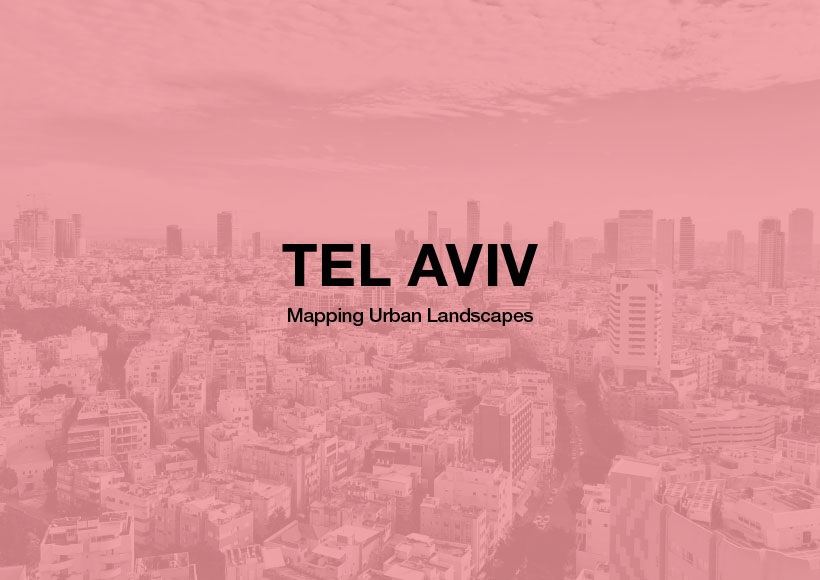
In preparation for the design discussion, we will deal with the multi-layered facets of the city of Daegu in order to better understand the spatial and socio-cultural context. Through guest lectures and our own research, we will explore the various levels of the metropolis. This includes the historical and demographic development, economic and political framework conditions, cultural characteristics, traditions and lifestyles, but also aspects of spatial design and planning, i.e. infrastructure, architectural styles and housing typologies, public and green spaces and the plans for the future of Daegu.
Mehr...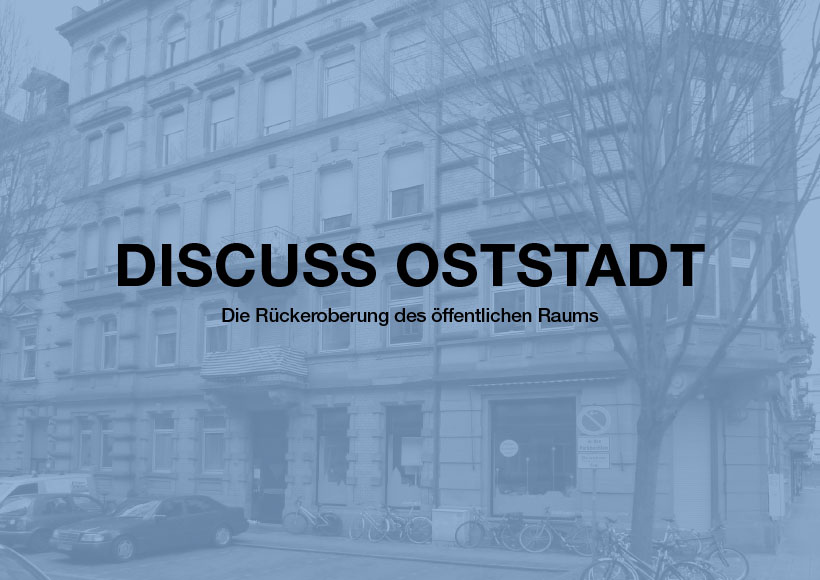
By taking up large areas for moving and parking vehicles and by encroaching on public spaces and misappropriating them, private car traffic has a major impact on the quality of life in cities. At the same time, changes in mobility behavior and new forms of mobility open up opportunities for upgrading public spaces in the neighborhood. Based on the findings of the previous seminar, which formulated goals for the redesign of traffic areas for selected locations in Karlsruhe's Oststadt district, the ideas are now to be further specified and temporarily implemented.
The seminar is being held in cooperation with ITAS, ZAK, Werkstadt Mobilität and the Karlsruhe Urban Planning Office.
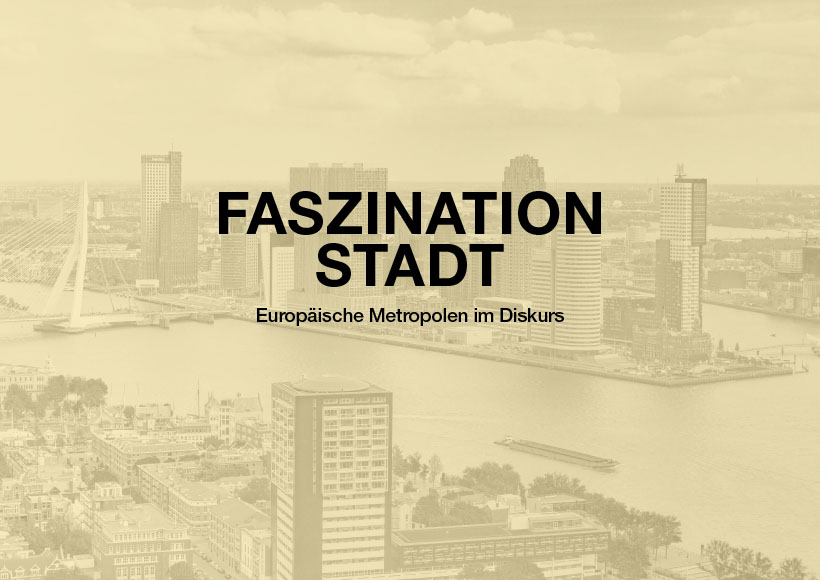
The date for the issue of the task is postponed to 23.05.2022 at 16:00 via Zoom. The previous location and the date on 24.05.2022 are therefore no longer valid for the issue! Click here to go directly to the meeting (Meeting ID: 673 4129 3324 / identification code: 238198)
Mehr...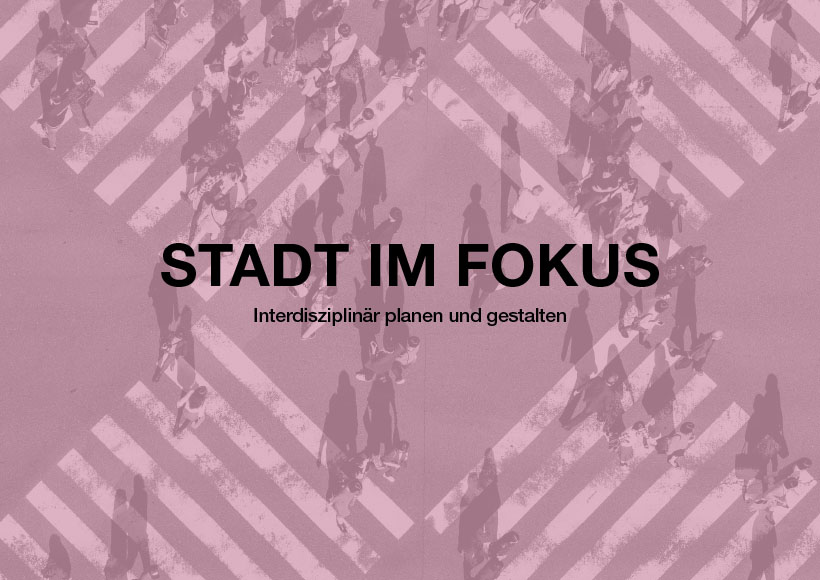
In Russia and other post-Soviet countries, the historical heritage is threatened by transformation and demolition. This applies in particular to historic residential districts.
At least three residential building epochs are historically noteworthy, formative for urban space and everyday life and at the same time endangered in their material and socio-cultural substance:
Ensembles from the Tsarist era, the avant-garde and late modernism. Embedded in the
joint research project between KIT, RWTH Aachen University and GWZO Leipzig, the seminar will examine transformation processes in selected neighborhoods - as a basis for the development of new discourses and strategies for the sustainable further development of the architectural heritage.
of the architectural heritage.
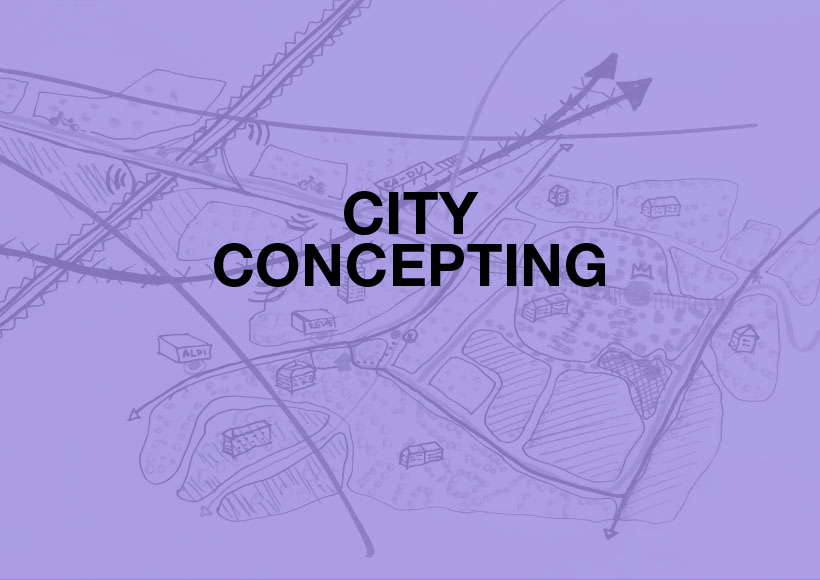
A city consists "of [the] relationships between its spatial distances and the events of its past". The memories that make up the history of a city offer us a spatial connection with places that for the most part no longer exist. A city contains its past "like the lines of a hand, written in the edges of the streets, the bars of the windows, the balustrades of the banisters" (I. Calvino, The Invisible Cities). In the seminar we will draw a picture of Karlsruhe's memory. With a focus on the open spaces and public facilities, we will discuss the presence of memory in the urban context and reflect on the relationship between the visible and the invisible.
Mehr...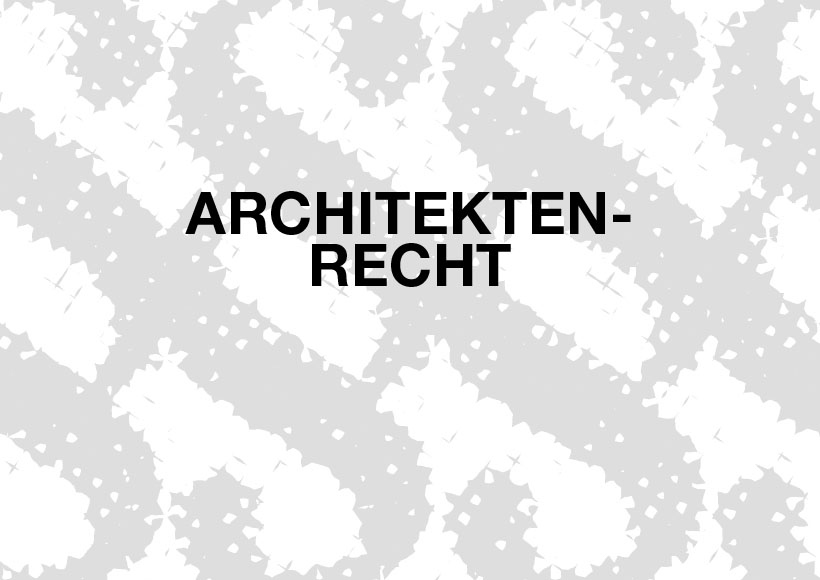
The practice-oriented treatment of the building and architectural contract with VOB and HOAI as well as entrepreneurial forms of activity in the practice of the architectural profession, copyright law, professional liability insurance, architectural competition, etc. are discussed.
Mehr...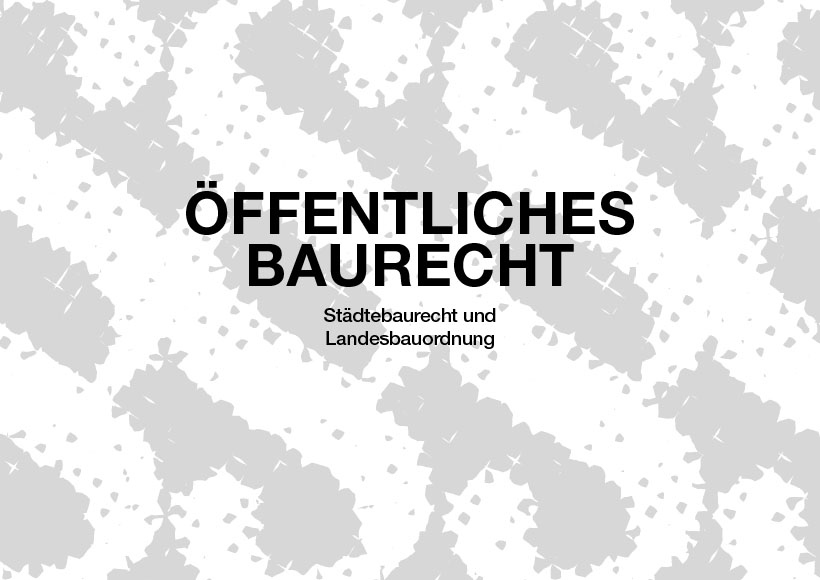
In addition to an introduction to regional and state planning, the main focus is on general urban planning law in Germany. This includes urban land-use planning (land-use plan, development plan) and its safeguarding as well as the other structural use of land. The second focus of the lecture is on the regulations of the BW state building code.
Mehr...